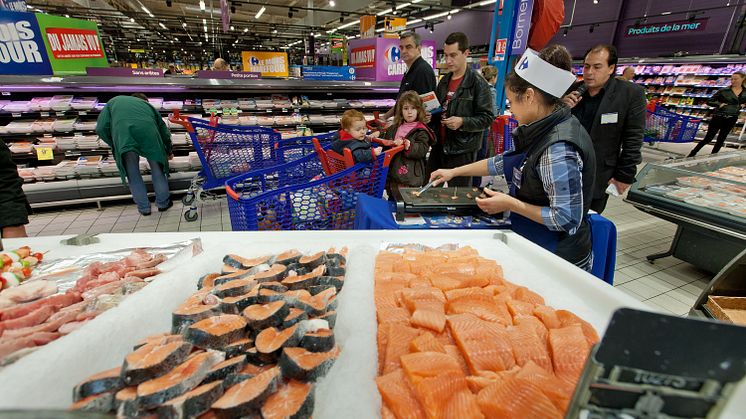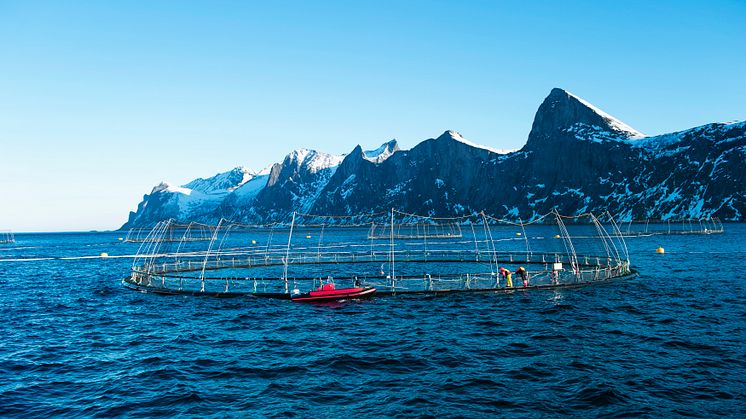
News -
Only half of us eat recommended amounts of seafood, new study shows
A recent study by the NSC uncovers that seafood consumption is far below recommended amounts. The study, which is the largest seafood consumer study in the world with more than 25,000 respondents across 25 markets, found that only 51 percent of people reported eating seafood two or more times a week.
A report published this week by The EAT-Lancet Commission for Food, Planet and Health, urged global consumers to adopt a veg-heavy flexitarian diet in order to protect their health as well as the planet. In addition to cutting red meat consumption by as much as 90 percent, the report suggests a weekly intake of minimum 200g of seafood, a figure consistent with most national dietary guidelines around the world.
- Whilst this new ‘planetary diet’ urges us to cut meat consumption drastically, we see in our study that most of us could benefit our health and the environment by eating more seafood, says CEO of the Norwegian Seafood Council, Renate Larsen.
The EAT-Lancet report stresses the importance of rigorous governance of wild seafood, as well as sustainable aquaculture practices. Furthermore, the commission states future expansion of seafood should come from aquaculture, which is one of the fastest growing food production systems in the world.
- The Norwegian model for wild fisheries management and modern aquaculture is often hailed as best practise for other ocean economies. Consumers around the world are becoming increasingly concerned with where their food comes from and how it is produced, and this is a focus area for Norwegian seafood, says Larsen.
About the findings:
- The study shows large variations between the measured countries; 76 percent of Portuguese consumers state they eat seafood two or more times a week, while only 32 percent of German consumers say the same.
- The average across the markets surveyed (25 markets) is 51 percent. If you include those saying they eat seafood once a week, the percentage average increases to 70%. Still this is a worryingly low number from a public health – and environmental - point of view.
- The situation is even worse among young people in the 18-34 age group. Only 49% report eating seafood two or more times per week. This is particularly evident in markets such as:
- Italy (43% for 18-34 vs 50% for other age groups),
- Portugal (70% for 18-34 vs 80% for other age groups – although still eating more than any other country in Europe), and
- Japan (53% in 18-34 vs 63% in other age groups)
- In USA and Germany we see an interesting development – in these traditionally meat-loving countries, the younger generation is eating more seafood than before, although still far below the average across the markets.
- In the US, 42% of 18-34 year olds report eating seafood twice or more a week, compared to just 23% of 50 to 65 year olds.
- In Germany, 33% of 18-34 year olds report eating seafood twice or more a week, compared to 30% of 35-49 year olds.

-
For more information on the findings in the study, please contact insight@seafood.no






